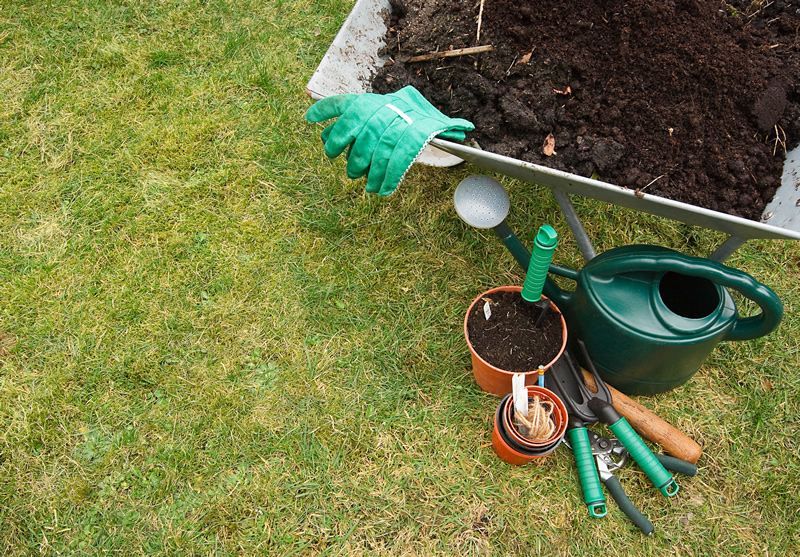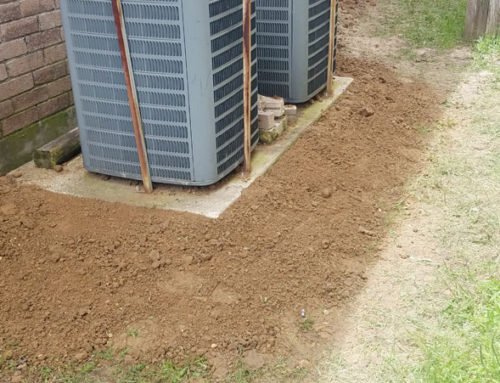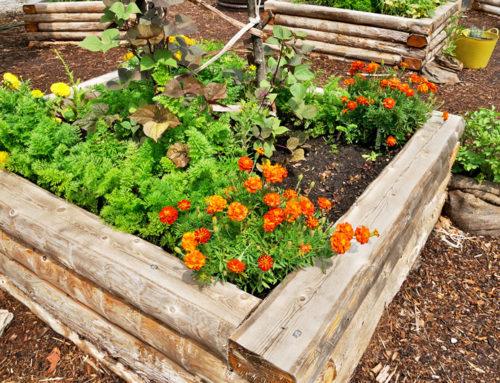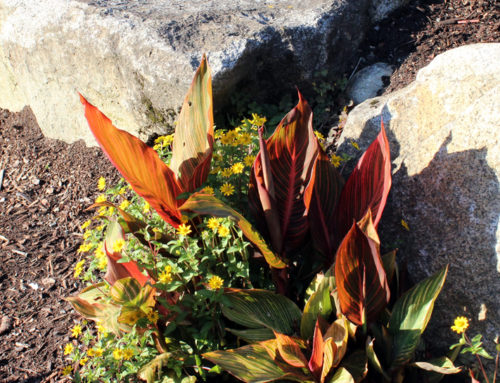Maintaining Organic Compost
Once you have established your compost pile, nature will do most of the work churning those yard clippings and kitchen scraps into soil. However, there are still a few maintenance tasks that will help your compost thrive.
Compost Care
Keep the pile in a semi-shaded area to keep it from drying out too much. If your pile is near a tree, turn it frequently to make sure the tree roots don’t grow into it. Make an indentation in the top to hold water and sprinkle with a garden hose when it appears dry. Keep it moist, but not wet. Beneficial organisms cannot survive in soggy conditions.
Turning a compost pile is great exercise, but it can be quite a chore for those of us that aren’t used to heavy labor. Mixing the pile is a lot easier if you use a compost aerating tool. If your compost pile has a strong odor, try turning it more often. Odors are often caused by poor air circulation or a pile that is too tightly packed.
Using Compost
When your compost is ready, it can be mixed into the soil before planting or applied to the surface of the soil as a mulch. It’s best to use it as soon as it is ready because the longer it sits, the fewer nutrients it will contain.
Quick Compost
If you need compost in a hurry, speed up the process by turning the pile with a pitchfork once a week. Mixing the compost allows oxygen into the center of the pile, where it encourages the growth of bacteria and fungi. A pile that is turned regularly will become finished compost in four to eight months. Fresh manure will activate the pile, causing it to decompose more quickly, but lime and fresh manure counteract each other, so it’s best not to use both in your compost pile.
Particle size also has a lot to do with the speed of decomposition. If you don’t have a shredder for your leaves and small twigs, try running the lawn mower over them before you add them to the pile.
Check out more on composting:







